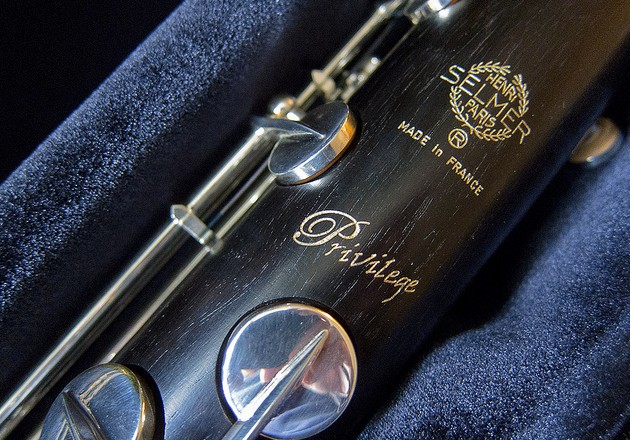
Yesterday I said, “Be nice.” Perhaps encouraging nicety is not the right approach.
Perhaps to say “be nice” is too simplistic, and worse, reads very much like, “Hush now, your problems are not important,” or, “You are making me uncomfortable with your anger,” or “There really isn’t that much to be angry about, so can’t you just be a little more polite?”
“Nice” comes with baggage.
Kindness and compassion may be more appropriate, but there is still a problem. Encouraging anyone, especially people whose lives I don’t really understand, to be anything other than what they’re already being, even if what I’m encouraging is a little more kindness and compassion, places me in a strange position of authority. (To be clear, it isn’t that I feel I am in authority in any way, it’s just that making those statements reads very much like an authority figure trying to control the emotional reactions of a group.)
No, I don’t see myself as an authority figure at all.
I write this blog, and have for over two years. I post my thoughts and opinions, and I’ve fostered a vibrant readership. But, I’m not an authority on much of anything. I ask a lot of questions. I get stuff wrong. I’m completely fallible, and I’m not ashamed to say it.
But yesterday, as I wrote about this idea that being nice would help us in our online communications, I also stepped into a conversation that I felt unprepared for. That conversation is one about privilege, particularly my privilege.
Privilege: The Other “P” Word
I say that I was unprepared, because I didn’t see encouraging kindness (or niceness, which I was conflating a bit with kindness) as an exercise of privilege. I wasn’t seeking to strengthen the Pagan side of the Pagan/polytheist divide by weakening or stifling the polytheist’s voice through the imposition of niceness. But, it was kind of read that way.
I learned that my privilege (or at least, my assumed privilege — some of the accusations made about my privilege were inaccurate) was sprinkled all over my post, and it seems it has been present throughout many posts on my blog. My first reaction to this information was a kind of shutting down. Being called on privilege, whether that call is warranted or not, feels a little like a silencing. In effect,
You’re speaking from a place of privilege. You don’t really know what you’re talking about. You’re off base, out of line, misinformed.
BOOM -> Silence.
No one said these things to me directly, but they could have. I’ve been silenced before, and being called on my privilege had a similar feeling.
And, to be honest, I’m not sure I can argue about having privilege. I can clarify about the assumptions that are made about me (that I’m not 100% white, that my marriage is gay, that I’m not currently “financially secure”), but I can’t dismiss the fact that, upon closer inspection, I do have privilege.
My own paganism, after all, is Eurocentric. It’s what I’ve gravitated towards, and what (at this time) feels natural to me. But how does that Eurocentrism place me in a position of privilege, especially within a community which, itself, is not privileged?
I could evaluate my life, look at it from a distance, and see where the privilege lies. I probably should. We all probably should. We all have unexamined privilege, I imagine.
But me looking at my own privilege seems different somehow than a person who doesn’t know all of my life pointing out my perceived privilege. Is the act of calling a person on their privilege itself an act of privilege, I wonder?
I’m writing this, as always, from a position of non-expert. I don’t know the answer these questions, nor do I understand clearly how privilege plays into every aspect of my religious life or my social and cultural interactions. With that said, I’m open to learning. It’s no one’s responsibility to teach me (even if they feel compelled to do so), but I think it’s my responsibility to learn.
My hope would be that in this process of coming to better understand of what privilege is and how privilege may be informing my thoughts, opinions, and perspectives, that there is also something to be learned about what to do when you recognize privilege in yourself or in others.
If we are all privileged in some way or other (and, if you’re reading this post on a computer screen — one that you own — you are probably more privileged than some), than what do we do with that information?
What do we do when we recognize a certain privilege in ourselves or others? How do we avoid silencing one another, or feeling silenced ourselves?
Leave a Reply